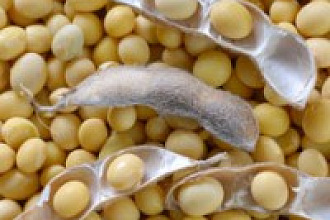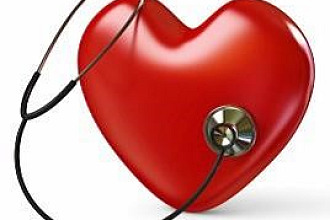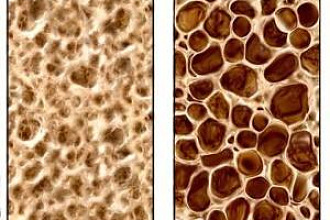Achieving "fitness" is different than just being active. Activity means moving about, burning so many calories when doing a certain task. That is good, but fitness yields even more benefits. Fitness, specifically the aerobic type, is the type of fitness that increases endurance, heart health, muscle strength, and coordination. Rapid walking or other more strenuous activities build what is known as cardio-respiratory fitness. It is this type of exercise that is especially connected with improvement in certain types of mental abilities.
Fit people show a specific advantage in what is known as fluid intelligence, or the ability to learn and retain new information. Aerobic fitness also protects other cognitive functions that tend to slip with aging, such as the ability to plan, filter out distractions, and speed information processing. If you have a heart condition, diabetes, high blood pressure, or other health condition of concern, be sure and work with your health care provider to plan a fitness program that will gradually and safely increase strength and endurance.
Dr. John Ratey, a neuropsychiatrist from Harvard University and the author of Spark: The Revolutionary New Science of Exercise and the Brain, has a lot to say about the brain-boosting benefits of exercise. The need to exercise, he claims, is rooted in our genes and required for our well-being.
"Neuroscientists have just begun studying exercise's impact within brain cells—at the genes themselves. Even there, in the roots of our biology, they've found signs of the body's influence on the mind. It turns out that moving our muscles produces proteins that travel through the bloodstream and into the brain, where they play pivotal roles in the mechanisms of our highest thought processes . . . . I'm not talking about the fuzzy notion of runner's high. . . . These are tangible changes, measured in lab rats and identified in people."
Regular exercise reduces inflammation; the pain associated with arthritis and other ailments; helps maintain a healthy weight and curb cravings; and reduces the risk for many chronic diseases. But the following summary, taken from Living Free: Finding Freedom From Habits That Hurt, itemizes just a few of the powerful mental health benefits of exercise.
Lowers Stress
- Even a single bout of exercise can be a valuable short-term therapy for reducing tension, depression, anger, and confusion. ·
- A 10-minute brisk walk will yield one hour of increased energy and reduced tension, whereas a sugary snack will ultimately result in fatigue and tension.
- Moderate-intensity exercise is even more beneficial than high-intensity exercise for anxiety reduction.
- Regular exercise increases the ability to handle stress by causing fewer stress hormones to be released when stress does occur.
Improves Mood
- Students who exercise regularly show lower levels of anxiety, shyness, loneliness, and hopelessness than their less-active peers.
- Moderate, regular exercise has a positive impact on mood, vigor, psychological well-being, creativity, and self-esteem in all age groups.
- Animal studies show that regular exercise can reduce symptoms of depression and may alleviate some major depression.
Boosts Brain Power
- Exercise increases cerebral blood flow, increases neurotransmitter availability and efficiency, and affects brain structure.
- Small increases in aerobic fitness improve mental fitness, particularly executive control functions of the brain, which have to do with planning, coordinating, and filtering out distracting information.
- Animal and human studies show that repeated physical activity triggers chemical changes in the brain that enhance learning and memory.
- Children learn better when the brain is stimulated by exercising.
- People over age 60 who walk rapidly for 45 minutes 3 times a week can significantly improve mental processing abilities that would normally decline with age.
Helps You Sleep
- Exercise can help alleviate sleep problems in older adults.
- Exercise can be effective in improving reported sleep quality, depression, strength, and quality of life.
- Treating chronic fatigue with appropriate exercise can improve sleep and mood.
- Exercising in the evening does not disturb sleep.
What's the best exercise for you? It is the exercise you will do! Walking, riding a bike, joining an exercise club or gym, taking up golfing -- the choices are almost limitless and can be adapted to country or city dwellers, rich or poor, the athletic or the out-of-shape.
One thing is sure: exercise is good for the brain, as well as the body, and daily doses will boost your mood, improve your memory, and build your brain more than any single factor. Remember: motion balances emotion, so when you're moody, get moving -- for better health!


























